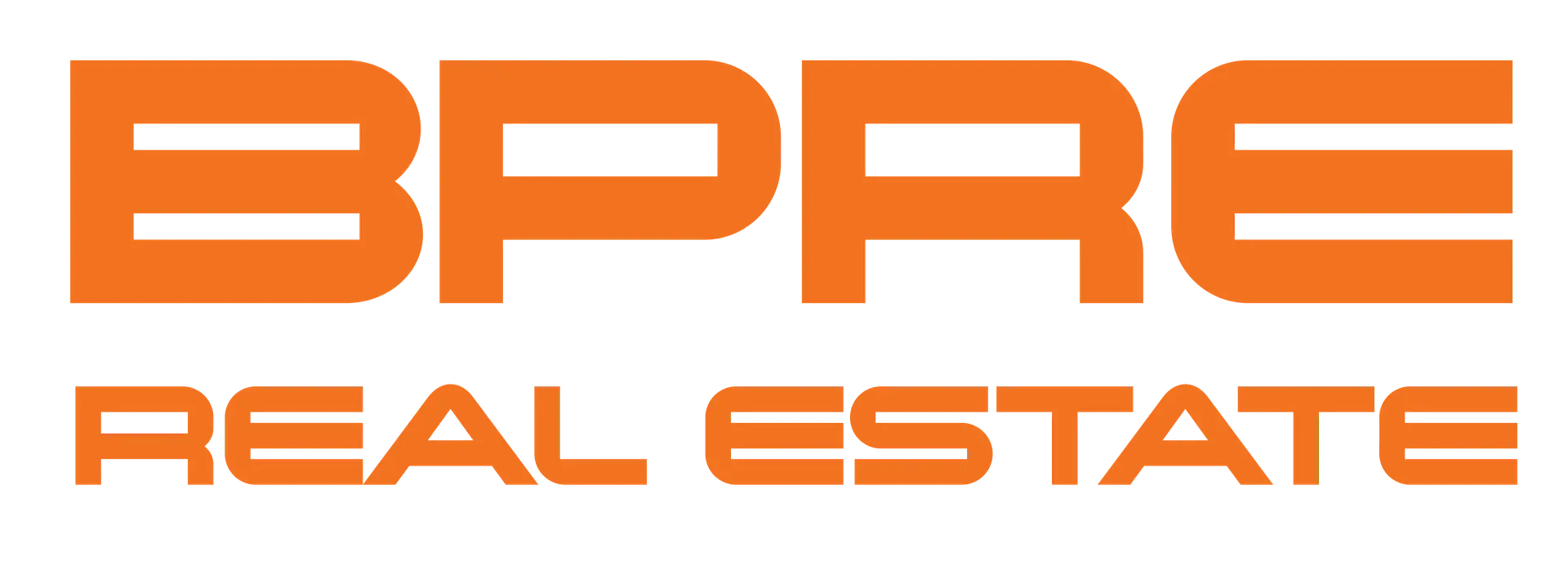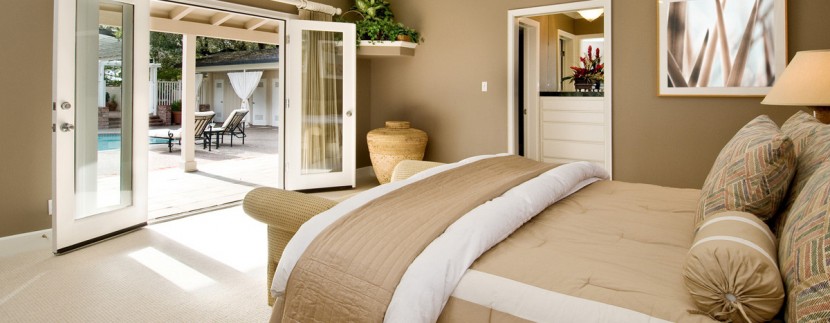Fixing an the interest rate on a mortgage depends on may factors.
That depends on your borrowing needs.
When you take out a mortgage or home loan, you can choose to have an interest rate this is fixed, variable, or split (a combination of the two). There is no right or wrong option – it all depends on your circumstances.
Fixed rate home loans
With the fixed rate home loan, the interest rate on your mortgage does not change for an agreed period (usually 1-5 years) – no matter what happens to official interest rates.
Variable rate home loans
With the variable rate home loan, the interest rate on your mortgage can change. If official interest rates go down, your interest rates go down too. However, if the Reserve Bank increases interest rates, your home loan rate will probably rise too.
Split rate home loans
A split rate mortgage combines elements of the fixed rate and variable rate options. e.g. You can have 80% of your home loan at a fixed rate , while the remaining 20% is at an interest rate that varies with the market.
Which home loan interest rate option is best?
Because it is absolutely predictable, the fixed rate home loan can give you greater confidence that you can meet your mortgage repayments regardless of changing economic conditions. The disadvantage is that it generally lacks flexibility.
If official interest rates fall, the variable rate home loan can save you money, but you need to consider the risk that your mortgage payments could rise in the future. If you are contemplating a low introductory or honeymoon rate for an initial period you will save initially, but you must find out what the rate will be when the ‘honeymoon’ is over. The lowest initial interest rate doesn’t always mean the better deal.
The split rate home loan gives you some of the benefits of both fixed rate and variable rate loans. You won’t save as much as a full variable rate loan if interest rates fall, but neither will you be as exposed if interest rates rise.
Fixed vs Variable Interest Rates
Flexibility vs Security
Interest, which determines the sum of your repayments, comes in two standard rate-types, typically expressed as either ‘variable’, or ‘fixed’.
- A variable rate changes as the market does, allowing you the flexibility of making repayments whose sum will reflect market conditions.
- A fixed rate stays the same for the fixed period term, giving you the security of always knowing the rate at which you’re to make repayments.
Which Home Loan is right for me?
You should look at some of the following considerations.
- Things like, how flexible do I need my loan repayments to be?
- How much do I value the security of always knowing how much I have to repay?
And then there’s these additional considerations:
- Do I want access to additional loan repayments I have made towards my loan?
- Do I need funds to purchase an investment property or upgrade my property?
How Can We Help?
Request your personalised borrowing capacity report. Request your BEN Credit Capacity Analysis report to identify your BEN score which can help to maximise your credit capacity and reduce your credit risk.
The BEN Financial Stress Analysis provides you with a snap-shot of your financial capacity. It tracks your financial performance based on market Lending Credit Assessment Criteria.
You may request additional specific information on the BEN scoring analysis by simply submitting the inquiry form below.

